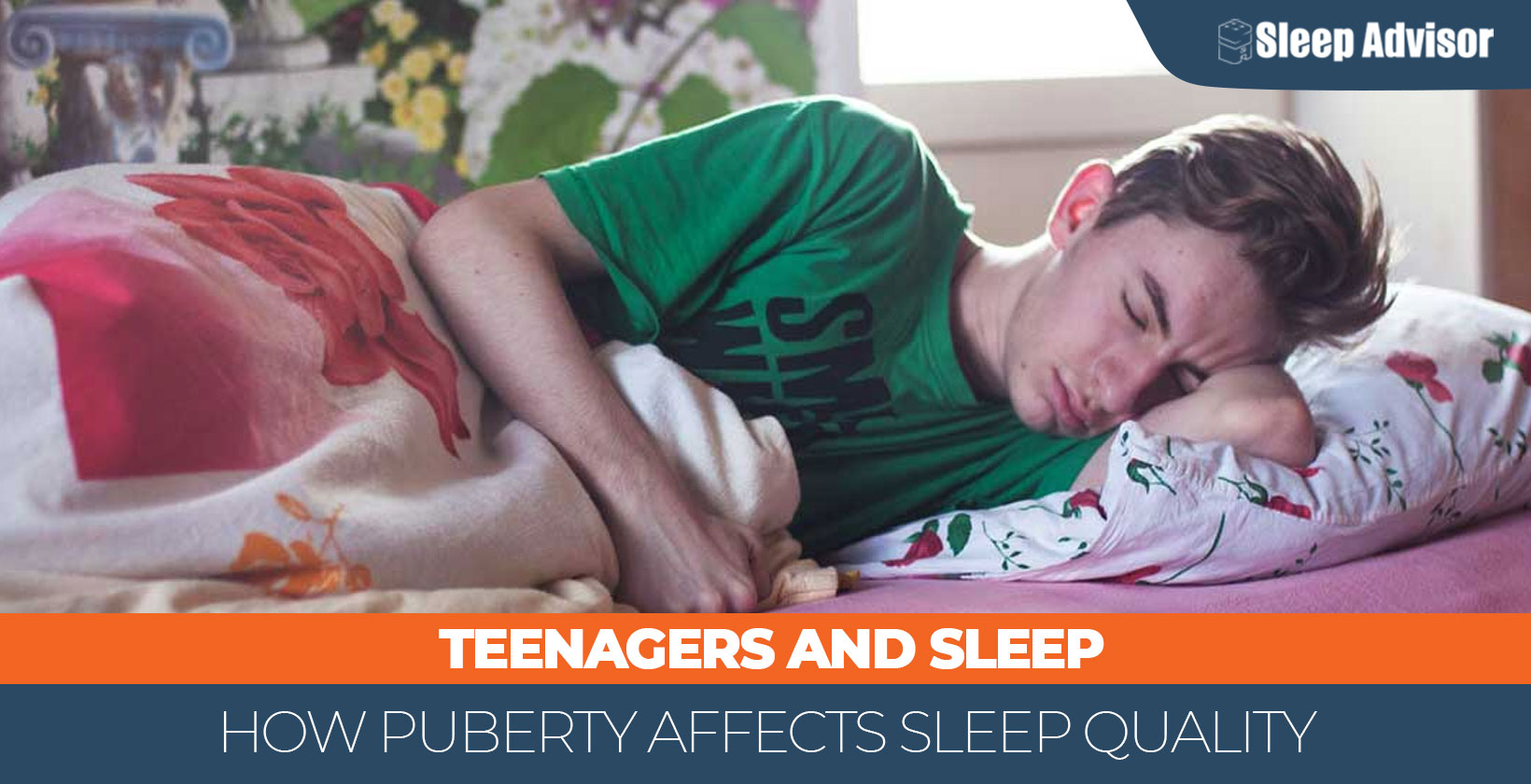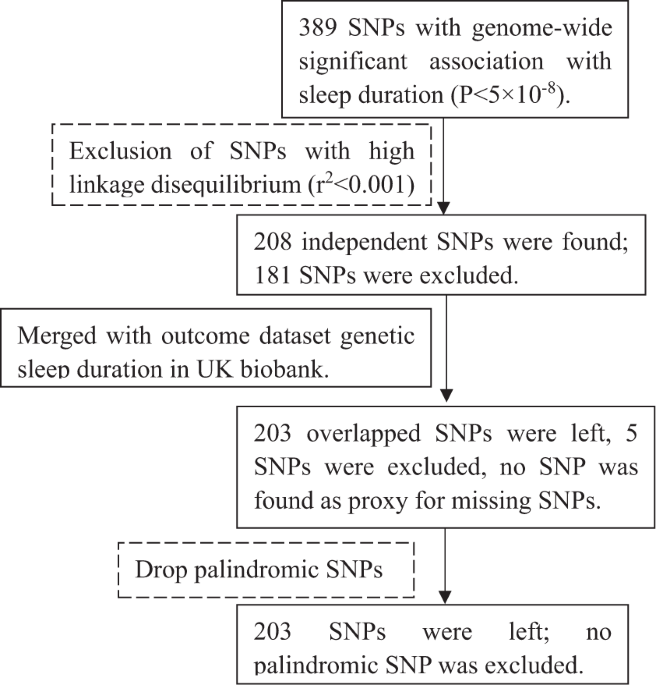You might remember your teenage years as a whirlwind of emotions, growth spurts, and unexpected changes. But did you know that sleep plays a crucial role in how smoothly you navigate puberty?
Understanding the connection between puberty and sleep can be the key to unlocking a healthier, happier adolescence for you or your loved ones. Imagine waking up feeling refreshed, ready to take on the day, instead of dragging your feet and battling fatigue.
Sounds appealing, right? You’ll discover why sleep is more than just a nightly ritual during these transformative years and how it directly impacts your mental and physical development. Are you ready to unravel the secrets of sleep and make puberty a little less daunting? Read on to find out how you can harness the power of sleep to conquer those teenage years with confidence and energy!
Impact Of Puberty On Sleep Patterns
During puberty, sleep patterns undergo significant changes that can affect your daily life. You might notice that you feel more tired in the morning and have trouble falling asleep at night. Understanding how puberty impacts sleep can help you manage these changes and find ways to improve your rest.
Hormonal Changes
Puberty triggers a surge in hormones, including melatonin, which regulates sleep. This hormonal shift means you might start feeling sleepy later in the evening. Gone are the days when you easily dozed off by 9 PM.
Melatonin secretion tends to start later during puberty, causing you to stay awake longer. It’s not laziness or defiance; it’s biology. You might find it hard to wake up early, and that’s perfectly normal.
Have you ever wondered why your sleep habits changed so drastically? It’s not just growing pains. The hormonal rollercoaster of puberty is largely to blame.
Shift In Circadian Rhythms
Your circadian rhythms also shift during puberty, which affects your sleep-wake cycle. You might notice you’re more alert at night and groggy in the morning. It’s like your internal clock has been reset.
School schedules often don’t align with these changes, making early mornings challenging. A later start time could match your natural rhythms better. Unfortunately, that’s not always possible.
Have you considered how your environment might help or hinder your sleep? Adjusting lighting and noise levels could make a difference.
Understanding these changes can empower you to make better choices for your sleep health. Could altering your bedtime routine improve your rest? It’s worth experimenting to find what works best for you.

Credit: www.sleepadvisor.org
Common Sleep Challenges During Puberty
Puberty brings many changes, including sleep challenges. Teens often struggle with sleep during this stage. Biological changes can disrupt sleep patterns. Social and school pressures add to the problem. Understanding these challenges helps manage them better.
Insomnia
Insomnia affects many teens during puberty. Stress and anxiety often cause sleepless nights. Homework and social life increase stress levels. Insomnia leads to tiredness and irritability. Creating a bedtime routine can help. Encourage relaxation before bed for better sleep.
Delayed Sleep Phase Syndrome
Delayed Sleep Phase Syndrome shifts the sleep cycle later. Teens feel awake late at night and sleepy in the morning. This disrupts school schedules and daily activities. Exposure to screens worsens this problem. Reducing screen time helps align sleep schedules. A consistent sleep routine supports better rest.
Effects Of Sleep Deprivation
Puberty is a crucial time for growth and development. Sleep plays a key role. Without enough rest, teens face challenges. Sleep deprivation affects their daily lives. Both mentally and emotionally. Here, we explore its impacts.
Cognitive Impact
Lack of sleep affects brain function. Teens may struggle to focus in class. Memory can become foggy and unreliable. Learning new information takes longer. Decision-making skills weaken. This can lead to poor choices. Grades may suffer as a result.
Emotional Health
Sleep deprivation impacts emotional well-being. Teens might feel more irritable. Mood swings become frequent and intense. Anxiety and stress levels can increase. Friendships and relationships might suffer. They may feel overwhelmed by emotions. This can lead to feelings of sadness or depression.

Credit: www.wickedlocal.com
Strategies For Improving Sleep Quality
As puberty hits, the changes in your body can often feel overwhelming. Sleep, which is crucial for your physical and mental growth, might become elusive. You can combat this by adopting specific strategies to improve your sleep quality. Imagine waking up refreshed and ready to tackle the day ahead. Let’s dive into some actionable tips to make that possible.
Sleep Hygiene Practices
Creating a sleep-friendly environment can significantly enhance your sleep quality. Start by keeping your bedroom dark and cool. A quiet room can be your sanctuary for restful sleep.
Limit screen time before bed. The blue light from phones and tablets tricks your brain into thinking it’s daytime, making it harder to sleep.
Establish a consistent bedtime routine. Going to bed and waking up at the same time daily can regulate your body’s clock, making it easier to fall asleep.
Mindfulness And Relaxation Techniques
Mindfulness can calm your racing thoughts. Try simple practices like deep breathing or focusing on your senses to wind down before bedtime.
Relaxation techniques such as progressive muscle relaxation can ease tension. Start from your toes and work your way up, releasing stress as you go.
Consider keeping a journal by your bed. Writing down your worries can clear your mind, setting the stage for a peaceful night’s sleep.
Have you ever tried counting sheep or imagining a serene landscape? These visualization techniques can distract your mind from stress, leading to better sleep.
What strategies resonate with you? Experiment with different approaches to find what works best for your unique sleep needs.
Role Of Parents And Educators
Puberty brings many changes, and sleep patterns are no exception. Teens need extra support during this time. Parents and educators play crucial roles in guiding them. They help create environments that promote healthy sleep habits. This guidance is essential for a smooth transition through puberty.
Creating Supportive Environments
A quiet, dark room can help improve sleep quality. Encourage teens to limit screen time before bed. Devices emit blue light, which disrupts sleep. A consistent bedtime routine signals the body it’s time to rest. Schools can also adapt to teens’ changing sleep needs. Flexible start times can make a big difference in their day.
Encouraging Healthy Sleep Habits
Parents should teach teens about the importance of sleep. Explain how it affects their mood and learning. Encourage physical activity during the day. Exercise helps regulate sleep patterns. Educators can include sleep education in their curriculum. This knowledge empowers teens to make better sleep choices. A collaborative approach ensures teens get the rest they need.

Credit: www.nature.com
Technology And Sleep
Technology plays a significant role in modern life, especially during adolescence. This period sees a surge in digital device use. Phones, tablets, and computers often become a central part of daily routines. While technology brings many benefits, it can also affect sleep, especially during puberty. Understanding the impact of screen time and digital detox strategies is crucial for healthy sleep.
Screen Time Effects
Screen time before bed can disrupt sleep. Bright screens emit blue light. This light interferes with melatonin production. Melatonin is essential for sleep regulation. Reduced melatonin makes falling asleep harder. Sleep quality can decline too. Teens often use devices late at night. This habit can lead to sleep deprivation. Poor sleep affects mood and concentration.
Social media and games can be addictive. They keep the brain active when it should relax. Scrolling through feeds or playing games stimulates the mind. This stimulation delays sleep onset. It prolongs wakefulness and reduces sleep duration. Establishing boundaries for screen use is important. Limiting screen time helps improve sleep patterns.
Digital Detox
Digital detox involves reducing technology use. Especially before bedtime. It encourages healthier sleep habits. Set specific times to turn off devices. Aim for at least an hour before bed. Create a relaxing routine without screens. Reading a book or meditating can help. These activities prepare the mind for rest. They replace the stimulating effects of screens.
Encourage tech-free zones in the bedroom. Keep phones and tablets out of reach. This prevents the temptation to use them late at night. Establishing a sleep-friendly environment promotes better rest. It helps the body and mind unwind naturally. Parents can guide children in creating tech-free routines. Support and understanding are vital during this transition.
The Future Of Sleep Research In Adolescents
The future of sleep research in adolescents holds promise. Understanding sleep in teens is crucial. Puberty changes sleep patterns. These changes affect mood, health, and learning. Scientists are working to find solutions.
Innovative Therapies
New therapies target sleep issues in teens. Light therapy is one example. It helps reset the body clock. This therapy uses special lights. Teens sit by these lights for a set time. Another approach is cognitive behavioral therapy. It teaches better sleep habits. Teens learn to relax before bed. Both therapies show promise in research.
Importance Of Personalized Approaches
Each teen is different. Their sleep needs vary. Personalized approaches are key. Doctors look at lifestyle and habits. They consider stress levels and screen time. Personalized plans are then created. These plans improve sleep quality. This tailored method shows better results. It respects each teen’s unique needs.
Frequently Asked Questions
How Does Puberty Affect Sleep Patterns?
Puberty can disrupt sleep patterns due to hormonal changes. These changes can delay the body’s internal clock. Teenagers may feel more awake at night and struggle to wake up early. Ensuring a consistent sleep schedule and creating a relaxing bedtime routine can help manage these changes effectively.
Why Do Teenagers Need More Sleep During Puberty?
During puberty, teenagers need more sleep to support rapid physical and mental development. Hormonal changes can cause increased fatigue. Sufficient sleep helps with mood regulation, cognitive function, and overall health. Experts recommend 8-10 hours of sleep per night for optimal adolescent well-being.
Can Puberty Cause Sleep Disorders?
Yes, puberty can contribute to the development of sleep disorders. Hormonal changes may lead to insomnia or delayed sleep phase syndrome. Stress and lifestyle factors can exacerbate these issues. Addressing sleep hygiene, maintaining a regular schedule, and consulting a healthcare professional can help manage sleep-related problems.
How Can Parents Help Teens Sleep Better?
Parents can help by promoting a consistent sleep schedule and creating a calming bedtime routine. Limiting screen time and caffeine consumption in the evening is crucial. Encouraging physical activity during the day can also improve sleep quality. Open communication about sleep-related concerns is beneficial for teenagers.
Conclusion
Understanding puberty’s impact on sleep is crucial for teens. Sleep patterns change during this stage. Teens may struggle with falling asleep early. This affects their daily routine and health. Parents should encourage good sleep habits. Consistent sleep schedules help improve rest quality.
Balanced lifestyle choices also support healthy sleep. Such as regular exercise and limiting screen time. This helps manage stress and boosts overall well-being. Prioritizing sleep enhances mood and focus. Teens feel more energetic and ready to face challenges. Supporting their sleep needs is vital.
A well-rested teen is a happier, healthier teen.
